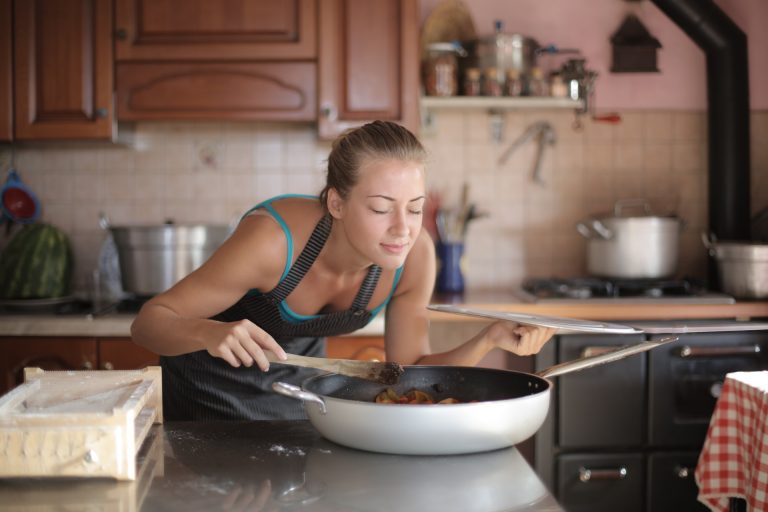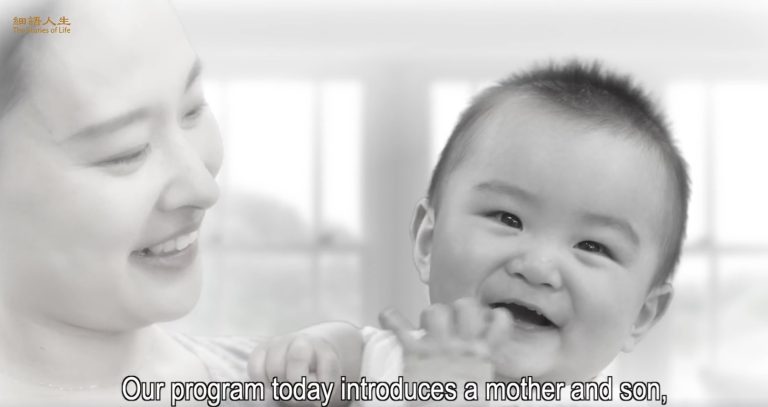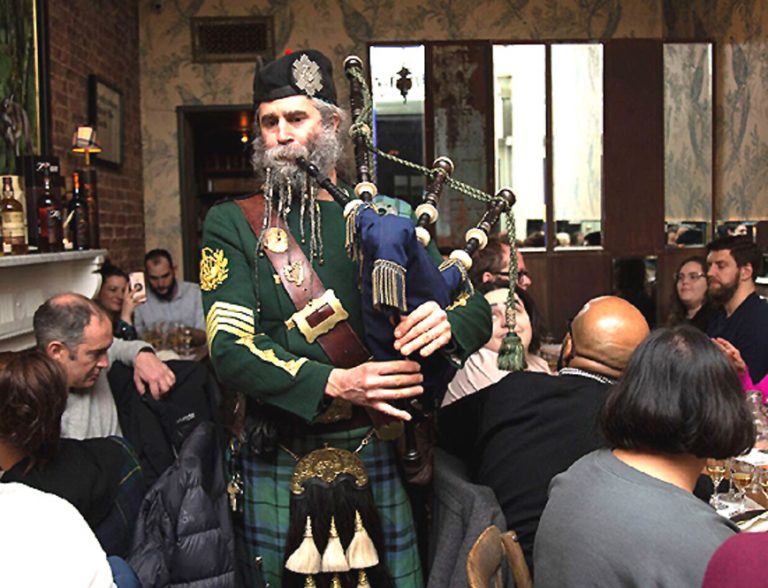While for some people the kitchen can be a place of delight and enjoyment, for others it can be the most frightening corner of the house. In the face of ready-to-use ingredients, sharp knives and an intimidating pressure cooker; we may be bombarded by a burst of thoughts, emotions and fears that can get the best of us and prevent us from making a good meal.
The fears in the kitchen may vary from person to person and can be related to different aspects of the cooking process. Let’s explore these fears and some easy ways to get around them.
Common kitchen phobias
Unfamiliar tools and techniques, and fear of failure are what keep most novices from accomplishing what they might in the kitchen. Sharp blades, hot surfaces and the occasional flop may shake your confidence, but with attentive practice, one can overcome these common kitchen phobias and become a comfortable and confident cook.
Fear of kitchen tools
Sharp blades are already scary. It is satisfying to see how our hard food items can be easily sliced with a good knife or mandoline, but it is indeed horrifying to think that our fingers could take their place due to a brief moment of distraction. Hot items are no less concerning.
Hot pots and broiler pans are popular for creating haunting long-lasting memories when used incorrectly, which can result in the unconscious avoidance of their use. Pressure cookers, on the other hand, are frequently associated with explosions. While those who know how to use a pressure cooker rejoice in the quickly-obtained tenderness of their foods, cautious individuals prefer to prevent an imminent disaster.
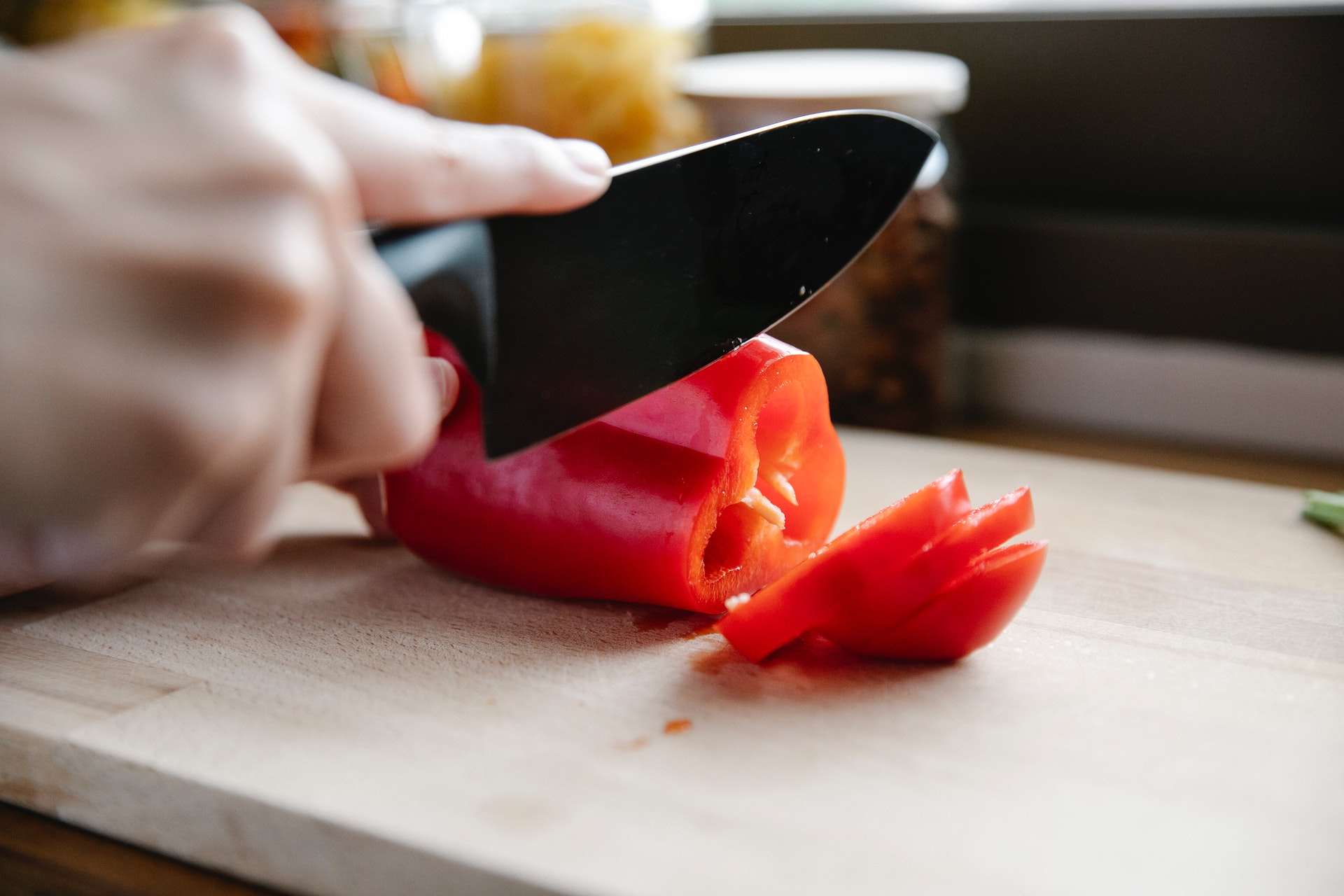
How can we tame these tools and get the best use out of them?
When it comes to sharp edges, holding the tool and the ingredient tightly are key to avoiding unwanted cuts. Using rubber pads to stabilize our cutting board and purchasing a mandoline with a hand guard, are also good strategies to keep our fingers safe.
Success
You are now signed up for our newsletter
Success
Check your email to complete sign up
Burns are also highly preventable. Keeping oven mitts around at all times and placing them over hot handles, can eliminate the risk until our kitchen appliance cools down. Oven mitts that cover the majority of the forearm and give digit dexterity, can provide a stronger sense of safety.
A pressure cooker is not impossible to conquer either. The solution is simple yet effective: read the instructions carefully. After dedicating some time to exploring this ominous artifact, you may realize that it makes the perfect kitchen ally.
Fear of cooking techniques
Burning hot oil can be a cook’s nightmare. As tasty as deep fried food may be, the possibility of suffering severe burns or causing fires can be enough reason to avoid frying. However, there is a good strategy to use this technique safely: prepare yourself beforehand.
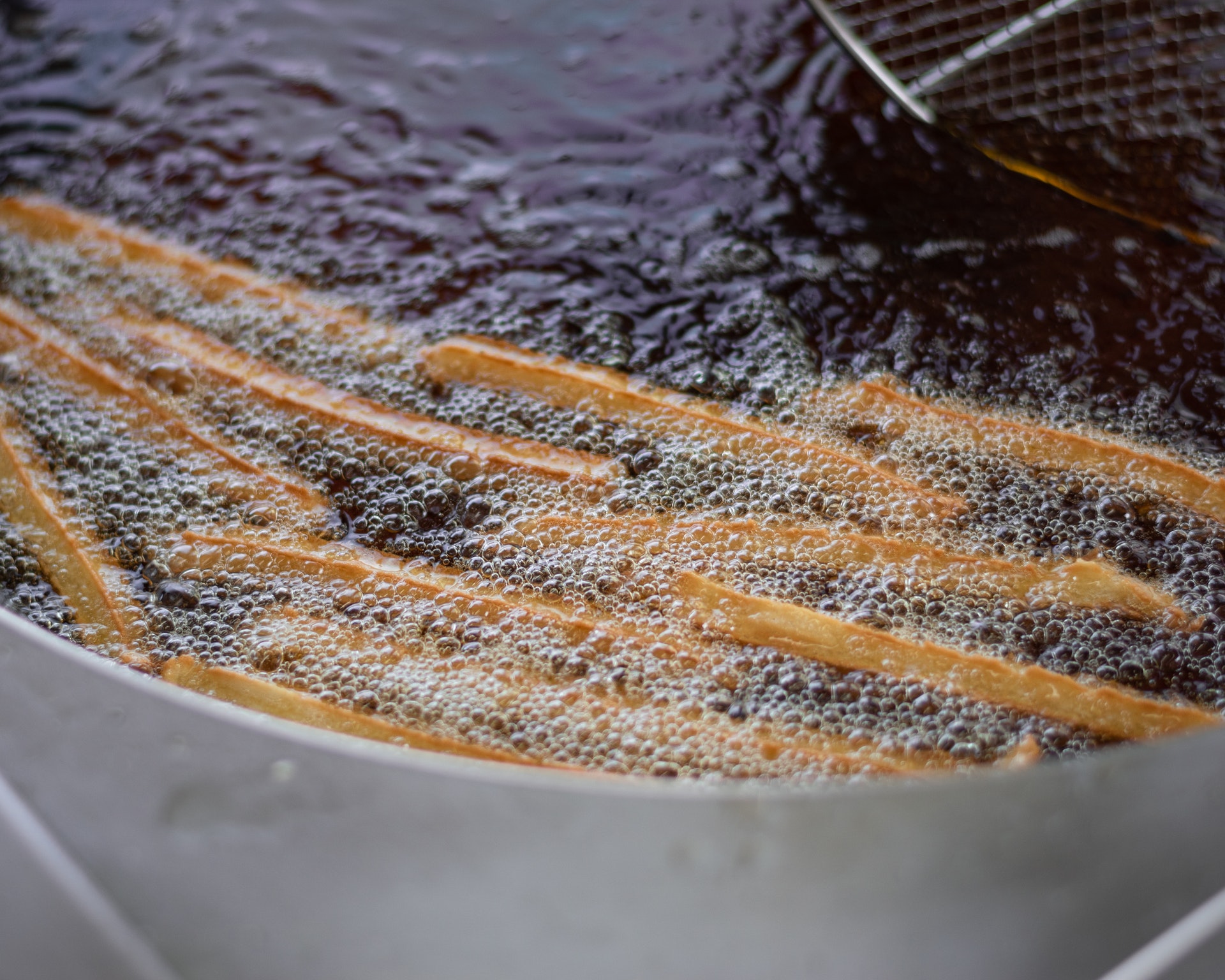
Make sure your pot is big enough to contain the oil once the ingredients are added, and have a non-plastic slotted spoon or tongs available to carefully manipulate the food. A thermometer may be a good additional aid to keep the temperature under control. Your mindset should also be adjusted for a successful frying experience. When the oil reaches high temperatures remember that it should never come into contact with water or open flames. Otherwise, it can cause fires or produce extremely hot steam.
With these tips in mind, your food can get that desirable crispy texture again.
Broiling is another widely feared technique. Distracted cooking with this kitchen appliance can result in the top of your hand getting burnt. Fortunately, this can be avoided by using a good pair of oven mitts and giving your full attention to the task at hand.
Fear of producing an inedible meal
The task of feeding someone other than yourself can be daunting. After all, if you are cooking for yourself and your creation does not taste precisely good, your failed attempt can remain a secret and your abilities to cook would not be questioned whatsoever. However, cooking for someone else leaves you completely exposed, as your culinary skills are put to the test and judged according to two possible outcomes: your food tasting either good or bad.
Ending up with a really tough steak or a dry piece of chicken can be particularly discouraging, and the natural reaction of a dinner guest who does not enjoy the food, can result in the well-intentioned chef quitting the activity for a while.
Among the food items that can make any chef doubt their skills are pie dough, meat, yeasted bread, seafood and rice. A minor mistake in the ratio of the ingredients, the cooking time or the techniques required to meet the standards, can easily affect the outcome of a laborious undertaking.
Similar to the “Fear of Creating Art,” the fear of cooking is rooted in the aversion to failure. The thought of making something inedible or unappetizing may strip away any dash of confidence in the individual, perhaps preventing him from cooking a uniquely good meal. How can we free ourselves from this fear? Several culinary experts seem to agree on one solution: Practice.
The wise words of the Chinese philosopher Lao Zi could shed some light in the process of overcoming our kitchen fears: “The journey of a thousand miles begins with one step.” In the journey to becoming a better cook, constant and persistent practice may be an effective strategy. Only after learning first hand what works and what does not, and dropping all expectations of a “perfect” cooking experience; may we be able to get comfortable with the art of cooking, and perhaps come up with our own recipes.



